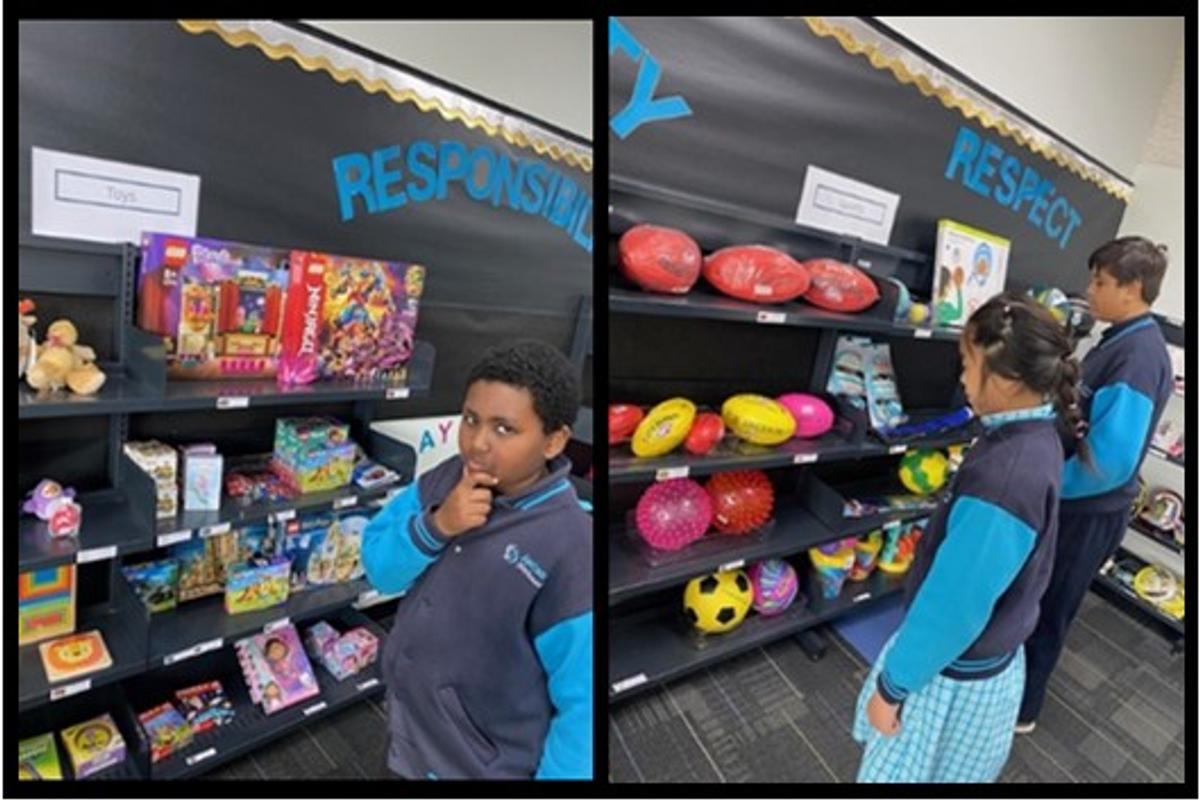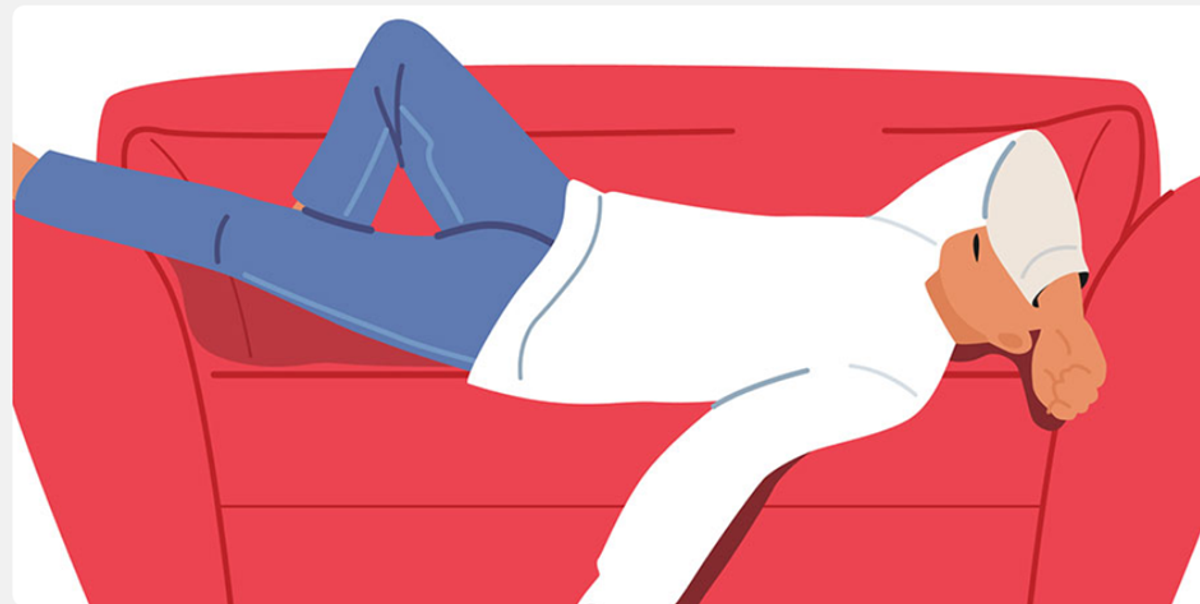Health & Wellbeing News

You may have heard your son or daughter talking about Jack Points or the Jack Store. You may have even seen them bring home a new toy, game or piece of sporting equipment.
WHAT ARE JACK POINTS?
Jack Points are the frequent reinforcement currency that we use at Jackson School to help reinforce our expectations and rewarding the good behaviours that we see students engaging in. Did you know that so far this year, over three terms, staff at Jackson School have issued around 195,000 Jackpoints to students. The school uses an app (PBIS Apps) to track students Jackpoint totals. At Jackson School our expectations are RESPECT, RESPONSIBILITY and SAFETY. This is what we expect of all students and staff. These in turn help our students to LEARN and eventually, become INDEPENDENT.
Every time we see a student behaving in a way that meets these expectations, we award that student a Jackpoint and in some cases, multiple Jackpoints. Most importantly, the Jackpoint is accompanied by words from the staff member giving the points. The teacher or staff member will thank the student with words which will state what expectation the student is meeting and the behaviour that they exhibited to do so. For example if I see a student holding a door open for a staff member or a classmate, I would say something like this-“Thank you for holding the door open for your friends, this is being respectful!” Then I will register those Jackpoints for that student with my App. In effect, every one of those 195,000 Jackpoints represents a mini-lesson for our students on what good behaviours look like.
WHAT IS THE JACK STORE?
Every time students receive Jack Points, they are tallied in the app. Students can then use the points that they have accumulated, to purchase a reward from the Jack Store. At the Jack Store, there are a wide range of games, treats, sporting goods and other gifts that can
be purchased. The items are worth varying amounts with larger items costing a lot more than say a free milkshake or hot chocolate from the store. Classes are timetabled for a chance to visit the store weekly where the class teacher will review how many points students have earnt to date and look at items that they might like to purchase. The Jack Store encourages students to be patient, and to work towards these bigger, more expensive items.
WANT TO LEARN MORE?
This week, we held the first of a series of information sessions about PBIS and how we use it at Jackson. There will be more sessions to follow in Term 4. If you are interested to learn more about this program, look out for details of sessions which will be published on SeeSaw and in the school Newsletter.
It has been another busy term for students participating in our Health and Fitness coaching programs and Morning Fitness sessions. All students in Yrs 3-12 have had the opportunity to participate in our Morning Fitness sessions run by our resident Personal Trainer, Jarrod Borg. On a good week, around 145 students take part in this program. In our afternoon Health and Fitness sessions, coaches from Westgate Basketball, DHA Tennis Academy, Football Australia and Hall’s Taekwondo have provided regular coaching sessions for students from Yr 3-10 for four weeks. These coaches are provided through funding from Sporting Schools, a Federal Government initiative. Funding from Active schools Victoria has provided us with the opportunity to bring in resident coaches for Tennis, Football (soccer) and Hip Hop. These have proved to be immensely popular amongst students and have allowed students to choose which activity they would like to participate in. These programs will continue to run throughout Term 4. If you would like advice or assistance in getting your sons or daughters into these activities for after-school participation, please contact Ian Phelan at Jackson.
Too tired to exercise?
At the end of a long day, physical activity might be the last thing on your mind, yet plenty of people will tell you (and studies also support) that physical activity can leave you feeling more energised, not less.
Mood boost
Physical activity increases endorphins– those happy, feel-good hormones – which can drastically elevate mood and have you feeling ready to conquer the next task. Exercise can also reduce the stress and anxiety causing hormones that may contribute to feelings of fatigue.
Getting your recommended amount of physical activity doesn’t have to mean a 30-minute workout every day. Spreading it out into smaller blocks can make it easier to fit in and can give you that quick lift.
Moving our bodies also increases blood flow to the brain, improving concentration, creativity and memory. So, a short exercise break may give your mental energy a boost too.
For more on the benefits of physical activity for your mental health read Make a move toward better mental health
Long-term fitness gain
Regular exercise, especially the kind that gets you just a little out-of-breath, gives your cardiovascular system a workout. Your cardiovascular system works to get more oxygen and nutrients to the muscles, tissue, and your brain. When your muscles are healthier and your heart and lungs are working better, your endurance improves, you have more energy, feel less tired and everyday tasks are easier.
It’s recommended that adults aim for 2.5 to 5 hours of moderate activity each week. Moderate activity is any exercise that increases your heart rate but doesn’t make you breathless. A brisk walk is a good example. If you can manage more vigorous activity that makes you breathe heavily, then the recommended amount is between 1 hour 15 minutes and 2 hours 30 minutes each week.
As with all physical activity, you can spread cardiovascular exercise throughout your day too. Shorter bursts of activity still count.
Better sleep
It is estimated that 1 in 4 Australian adults aren’t getting enough sleep. Not only can that lead to tiredness, but poor sleep has also been linked to several health-related problems.
Regular physical activity is one way to improve sleep. Studies have shown that people who get the recommended levels of moderate to vigorous physical activity are more likely to:
- sleep more than 6 hours a night
- experience good to excellent sleep quality
- fall and stay asleep more easily.
That said, doing exercise too close to bedtime can reduce the quality of your sleep (the body is in ‘exercise’ mode). For that reason, exercising during the day or just after work might be a better fit.
To find out more about the benefits of physical activity for sleep, read Can exercising help you sleep better?
Not only does physical activity give you a boost, but it also gives you the motivation to keep on exercising. To start benefiting from the energy producing effects of exercise, try starting with something easy, like a walk. You’ll feel the energy in no time!





